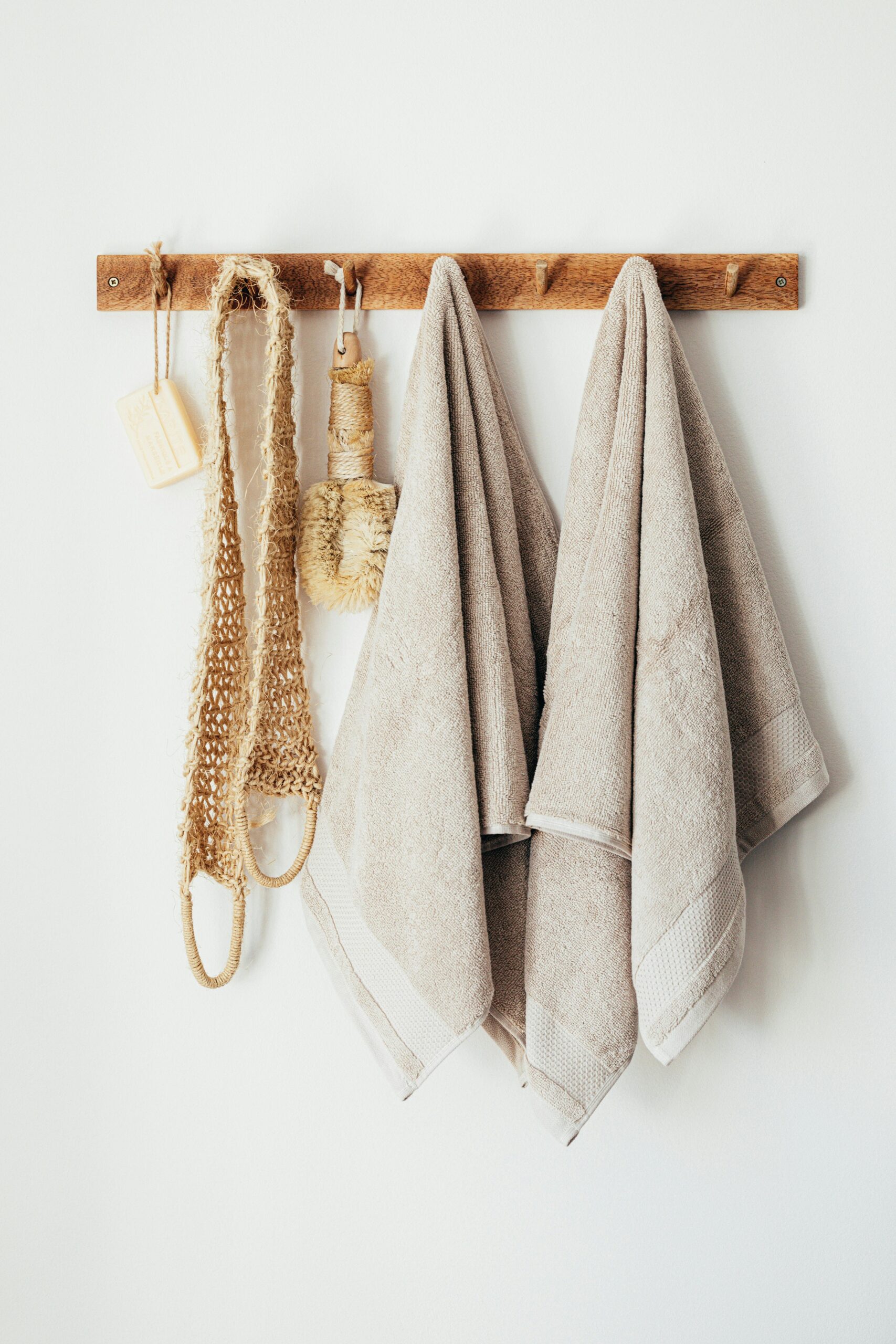
There’s nothing quite like wrapping yourself in a clean, fresh-smelling towel after a relaxing bath or shower. Over time, however, even the fluffiest bath towels can lose their softness and develop a musty odor. Fortunately, you don’t need to rely on harsh chemicals or expensive fabric softeners to keep your towels looking and smelling their best. In this blog post, we’ll explore a natural and effective method using vinegar and baking soda to wash your towels, explaining why it’s the best way to maintain freshness and softness.
Why Vinegar and Baking Soda
Before diving into the method, let’s understand why cleaning towels with vinegar and baking soda are your go-to ingredients for washing towels.
- Natural Cleaning: Both vinegar and baking soda are natural cleaning agents that can effectively break down residue and odors without the use of harsh chemicals. They are gentle on your towels and safe for the environment.
- Odor Removal: Vinegar’s acidity helps neutralize and eliminate unpleasant odors, washing towels with baking soda acts as a deodorizer, leaving your towels smelling fresh.
- Fabric Softening: Baking soda softens the water, which, in turn, helps soften your towels naturally. This means no need for commercial fabric softeners, which can leave a waxy residue and reduce absorbency.
What Kind of Vinegar for Washing Towels
For washing towels, it’s best to use white distilled vinegar. White vinegar is mild, effective at removing odors and residue, and won’t stain or discolor your towels. Avoid using darker vinegar types like red wine or balsamic vinegar, as they can potentially stain your towels.
Suggested: How to Clean a Wooden Cutting Board with Lemons
How to Wash Towels with Vinegar at Home
Now that you understand why vinegar and baking soda are excellent choices, let’s walk through the step-by-step process of washing your towels with these ingredients:
Ingredients Needed to Wash Your Towels
- 1 cup of vinegar
- 1/2 cup of baking soda
- Your bath towels
- Laundry detergent (as usual)
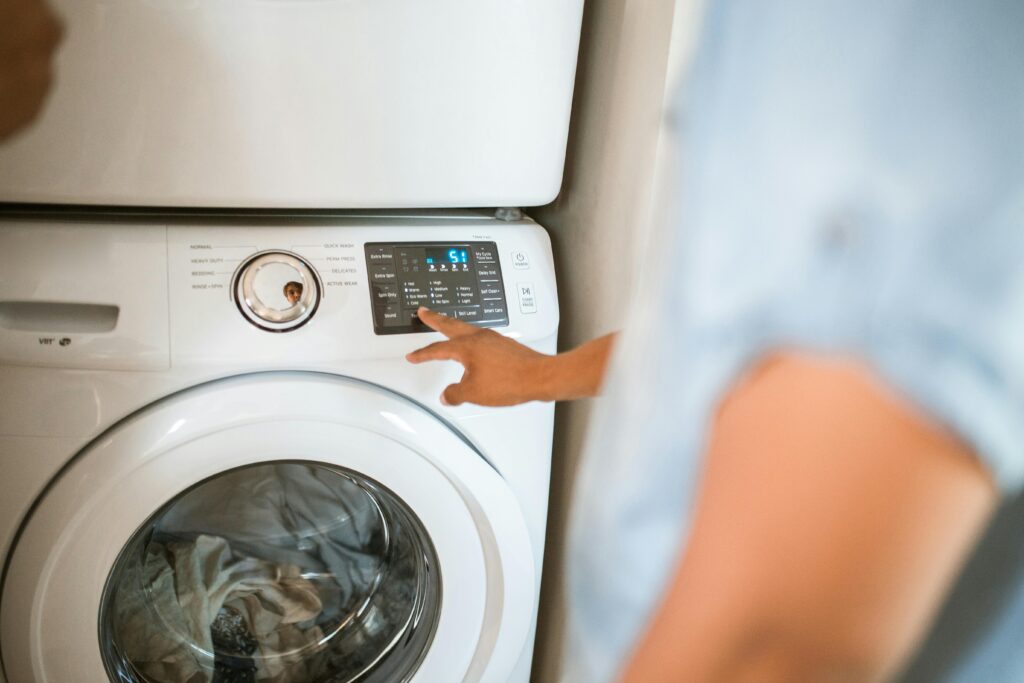
Instructions on Washing Your Towels
- Preparation: Start by sorting your towels by color and fabric type. Avoid washing towels with clothes that produce lint, as this can reduce the towels’ absorbency.
- Loading the Washing Machine: Place your towels into the washing machine. Avoid overloading it to ensure a thorough clean. Use an appropriate amount of laundry detergent based on your machine’s guidelines.
- Adding the Vinegar: Instead of fabric softener, add 1 cup of vinegar to the fabric softener compartment of your washing machine. The vinegar will help break down detergent residue and eliminate odors during the rinse cycle.
- Sprinkle Baking Soda: Sprinkle half a cup of baking soda directly onto the towels in the drum of the washing machine. Baking soda acts as a natural fabric softener and deodorizer.
- Wash: Set your washing machine to the hottest water temperature recommended for your towels. This will help dissolve detergent and thoroughly clean your towels. Start the wash cycle.
- Rinse Cycle: Once the wash cycle is complete, run an extra rinse cycle with cold water to ensure all the vinegar and baking soda residue is completely removed. This step is crucial to prevent any potential skin irritation.
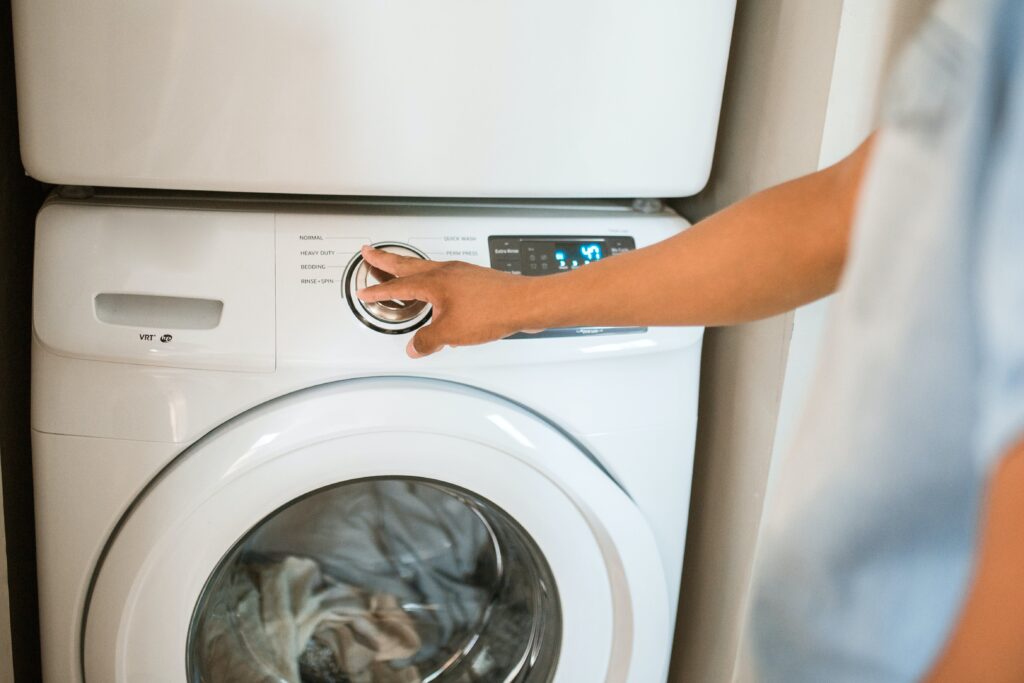
How to Dry Towels
After the rinse cycle, remove your towels from the washing machine and shake them out to fluff them up. You can now either line-dry them in the sun or use a dryer on a low-heat setting.
Suggested: How to Clean a Cast Iron Skillet
How Often to Wash Your Towels
The frequency at which you should wash your towels depends on various factors, including personal hygiene, usage, and environmental conditions. Here are some general guidelines to help you determine how often to wash your towels:
- Bath Towels:
- Every 3-4 Uses: For bath towels used after showers or baths, it’s generally recommended to wash them every 3-4 uses. This ensures that you maintain cleanliness and prevent the buildup of body oils, dead skin cells, and bacteria.
- Hand Towels:
- Every 1-2 Days: Hand towels, especially those used in the kitchen or bathroom, should be washed more frequently due to their frequent contact with hands and potential exposure to food or bathroom germs. Consider washing them every 1-2 days or when they appear soiled.
- Guest Towels:
- Before and After Use: Guest towels, which are typically used less frequently, should be washed before guests arrive and again after they depart to ensure they are fresh and clean.
- Beach or Pool Towels:
- After Each Use: Towels used for outdoor activities like swimming at the beach or pool should be washed after each use, as they can accumulate sand, chlorine, or sunscreen residues.
- Gym Towels:
- After Each Use: Gym towels should be washed after each workout to prevent the growth of bacteria and unpleasant odors.
- Kitchen Towels:
- Every 1-2 Days: Kitchen towels come into contact with food and surfaces, making them prone to picking up germs. To maintain kitchen hygiene, wash them every 1-2 days or when visibly dirty.
- Decorative Towels:
- Periodically: Decorative towels used for decoration rather than practical purposes can be washed less frequently. However, it’s still a good idea to wash them periodically to remove dust and maintain their appearance.
- Weather and Climate:
- In humid or hot climates, towels may require more frequent washing to prevent mildew growth and maintain freshness. In cooler and drier climates, you may be able to stretch the time between washes.
- Personal Preferences and Allergies:
- Personal preferences and allergies can also influence your towel-washing frequency. Some people with sensitive skin or allergies may prefer to wash towels more often to ensure cleanliness and reduce potential irritants.
Remember to check your towels for signs of wear and tear, such as fraying or a noticeable loss of absorbency. Proper care, including regular washing, can help extend the lifespan of your towels and keep them looking and feeling their best.
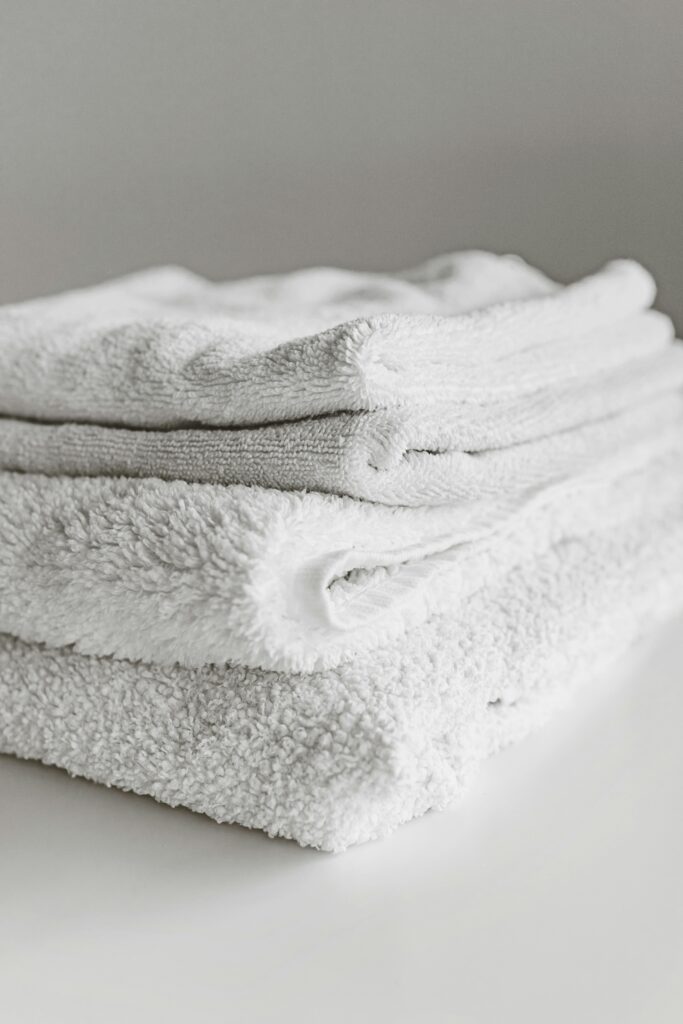
Suggested: Difference Between a Duvet and Comforter
How Often to Wash Towels with Vinegar
Washing towels with vinegar doesn’t need to be done as frequently as regular towel laundering, but it can be incorporated into your laundry routine every few weeks or as needed, depending on your specific circumstances. Here are some guidelines to help you determine how often to wash towels with vinegar:
- Vinegar and Baking Soda Treatment: You can incorporate the vinegar and baking soda treatment into your towel care routine every 1-2 months. This deep-cleaning method helps remove detergent residues, odors, and restores softness. If you notice your towels starting to feel less absorbent or developing a musty smell, it’s a good time to give them this treatment.
- Seasonal Considerations: In humid or hot climates, towels may require more frequent washing, including the vinegar and baking soda treatment, to prevent mildew growth and maintain freshness. In cooler and drier climates, you may be able to stretch the time between treatments.
- Guest Towels: If you have guest towels that are used less frequently, you can wash them with vinegar and baking soda before guests arrive to ensure they are fresh and welcoming.
- Towel Usage: Consider the purpose and usage of your towels. Bath towels and hand towels used for personal hygiene should be washed more often than decorative towels or kitchen towels.
Remember that personal preferences and habits can also influence how often you choose to wash your towels with vinegar. If you or your family members have sensitive skin or allergies, you might opt to use this deep-cleaning method more frequently to ensure that residues are thoroughly removed.
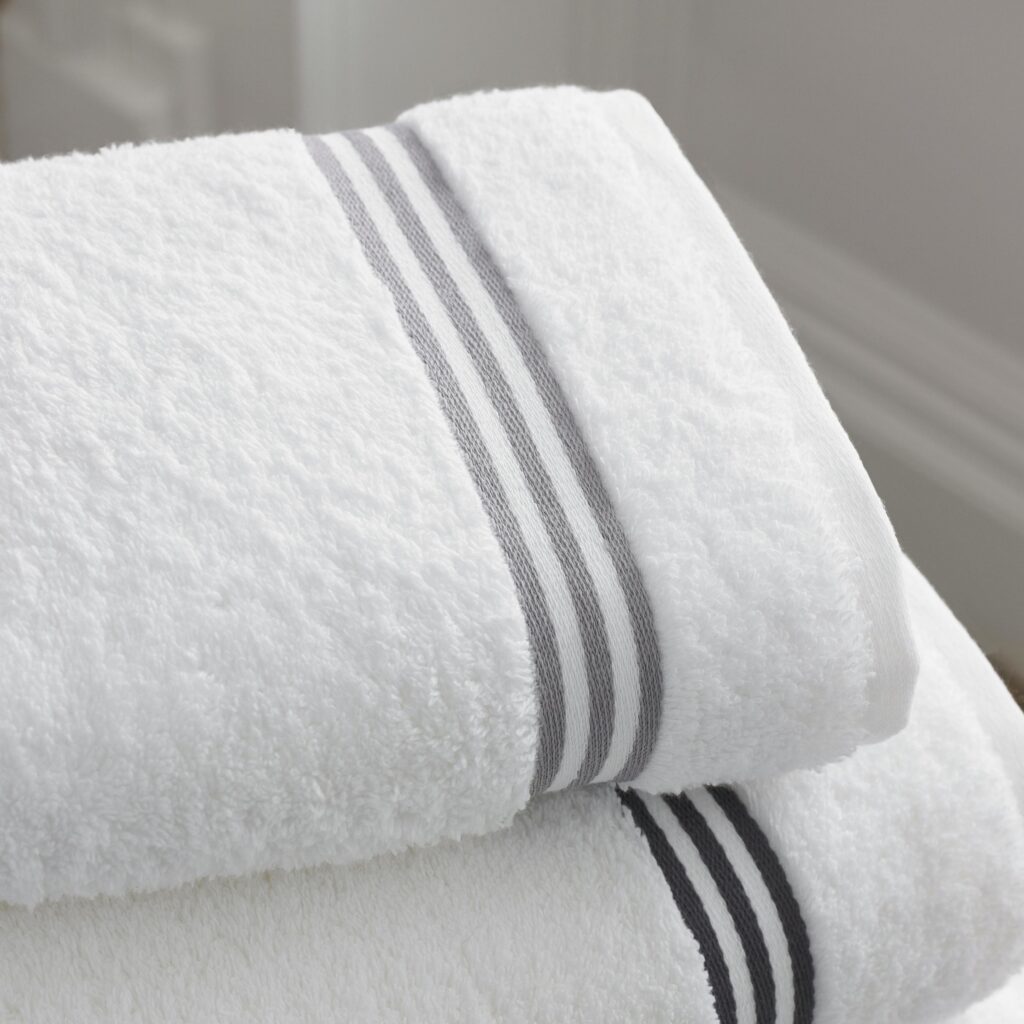
Frequently Asked Questions
Can you use vinegar and laundry detergent together?
Yes, you can use vinegar and laundry detergent together in your washing machine. Adding vinegar can help with odor removal, stain removal, and fabric softening, while laundry detergent cleans the clothes. Just be sure not to mix them directly, as this can neutralize the detergent’s cleaning power. Instead, add vinegar to the designated fabric softener compartment in your washing machine.
How to hand wash towels with vinegar
WTo hand wash towels with vinegar, follow these steps:
- Fill a basin or sink with lukewarm water.
- Add 1/2 to 1 cup of white distilled vinegar, depending on the size of your basin.
- Submerge the towels in the water-vinegar mixture.
- Gently agitate the towels by swishing them around.
- Allow the towels to soak for about 15-30 minutes to help break down odors and residues.
- After soaking, rinse the towels thoroughly with clean water until no vinegar smell remains.
- Squeeze out excess water gently, but avoid wringing or twisting the towels, which can damage the fibers.
- Hang the towels to air dry or lay them flat.
This method is effective for refreshing and cleaning towels when you don’t have access to a washing machine.
Can I wash towels with vinegar only?
Washing towels with vinegar only is not recommended. While vinegar can help with odor removal and softening, it lacks the cleaning power of laundry detergent to effectively remove dirt, stains, and body oils. It’s best to use both vinegar and laundry detergent for a thorough and clean wash.
When to add vinegar when washing towels
You should add vinegar when washing towels during the rinse cycle. Pour it into the designated fabric softener compartment of your washing machine to help remove odors, residues, and maintain freshness.
Does washing towels with vinegar make them soft?
Yes, washing towels with vinegar can make them soft. Vinegar helps break down mineral deposits and detergent residues that can stiffen towels, restoring their softness and absorbency.
What temperature to wash towels with vinegar
You can wash towels with vinegar at a warm water temperature, typically between 90°F (32°C) and 105°F (40°C). This temperature helps the vinegar work effectively without damaging the fabric.
Does vinegar disinfect towels?
Vinegar has some disinfectant properties, but it may not be as effective as commercial disinfectants. It can help reduce bacteria and germs on towels, making them fresher, but it may not eliminate all pathogens. For stronger disinfection, consider using hot water and an appropriate disinfecting laundry product.
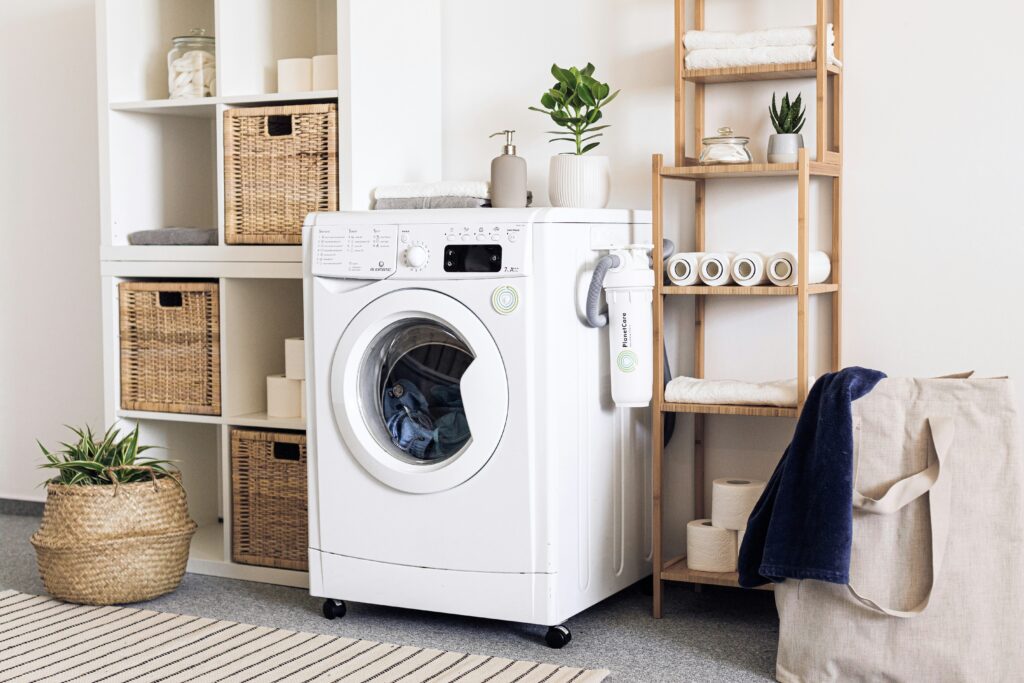
Conclusion
Washing your bath towels with vinegar and baking soda is an eco-friendly and budget-friendly method that can keep your towels fresh, soft, and odor-free. This method eliminates the need for commercial fabric softeners and harsh chemicals, making it a healthier option for your home and the environment. By following the simple steps outlined in this guide, you’ll enjoy the luxury of clean and fresh-smelling towels for a long time to come. Say goodbye to musty odors and hello to towel freshness!

Christopher is a food and lifestyle expert, recipe developer and the content creator behind May Eighty Five. With years of experience in the kitchen, he also shares tips, tricks and how to’s that he has learnt over the years. Every week, he shares quick, simple and mostly healthy recipes along with some home and entertaining tips. You will find flavorful cocktails, delicious appetizers, tasty mains and some indulgent desserts. As a home decor enthusiast, he also likes to share simple DIY projects and simple tips for a beautiful home.


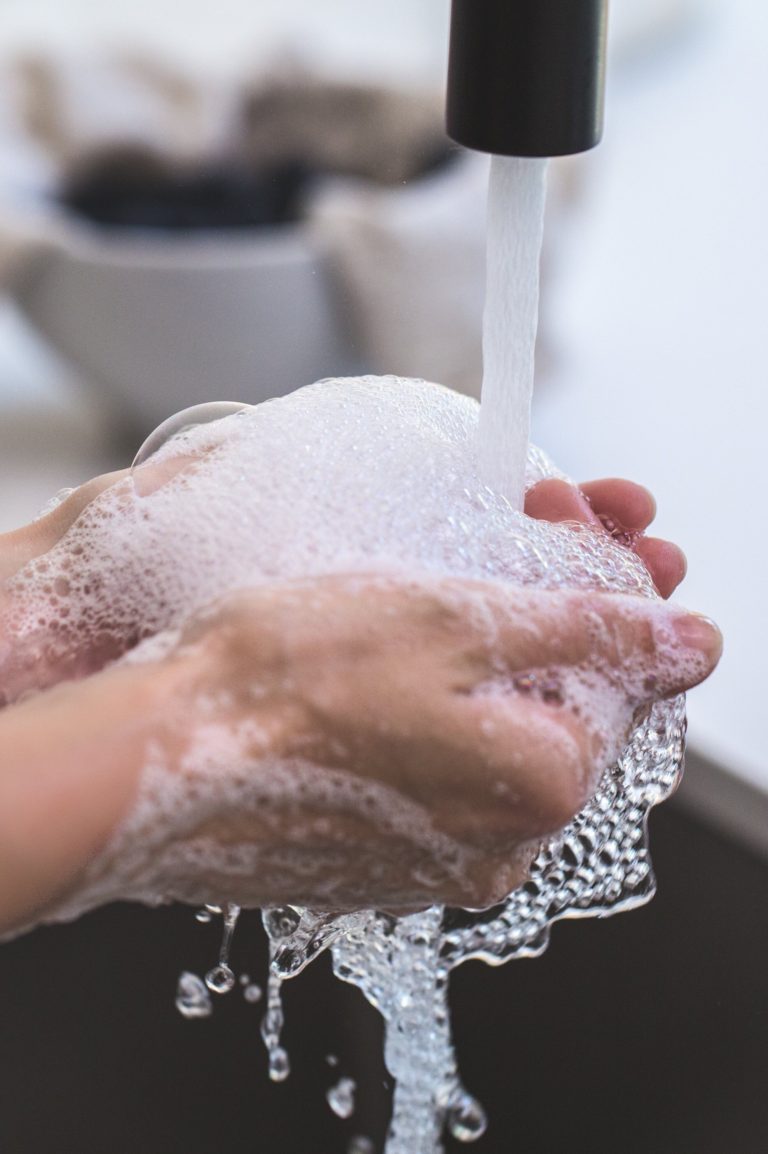


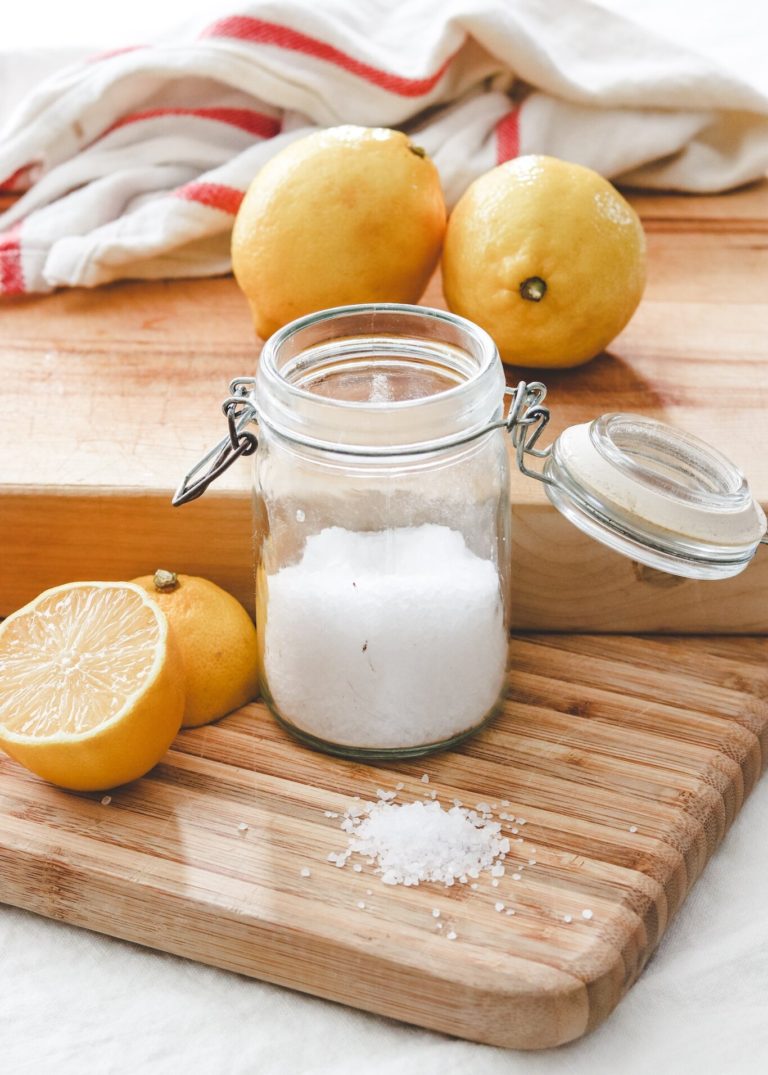
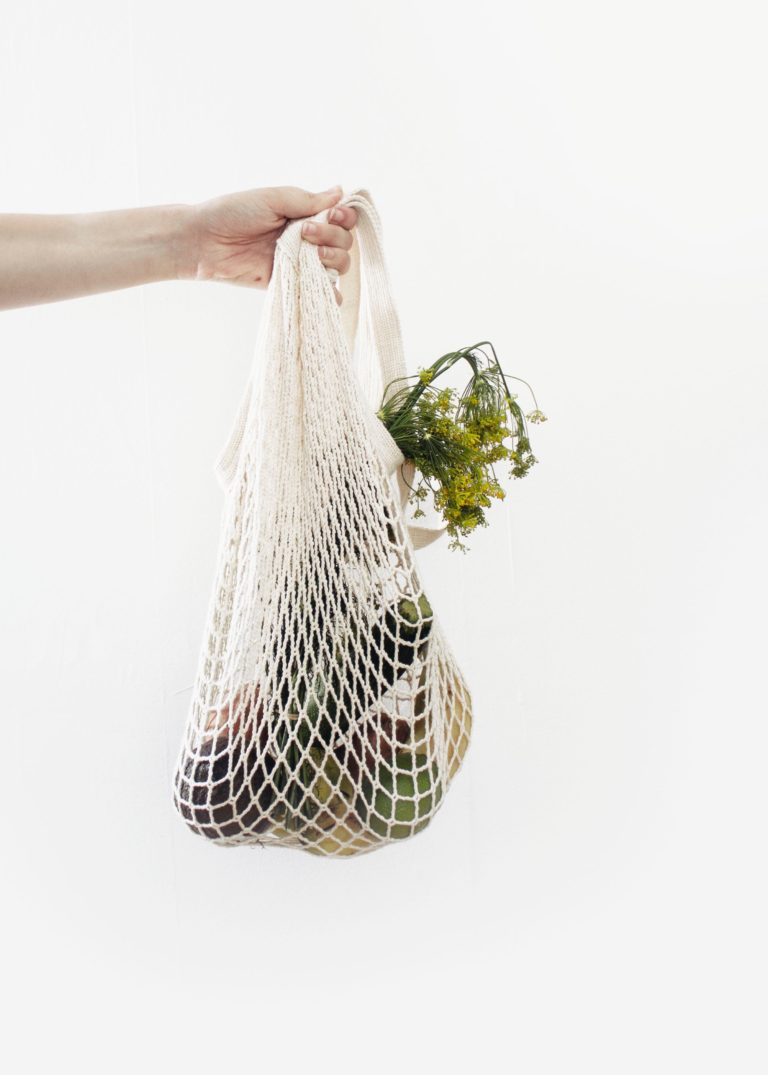

Ok, now it all makes sense. I followed your advice and it actually got rid of a lingering scent onion and garlic some of my kitchen hand towels had.